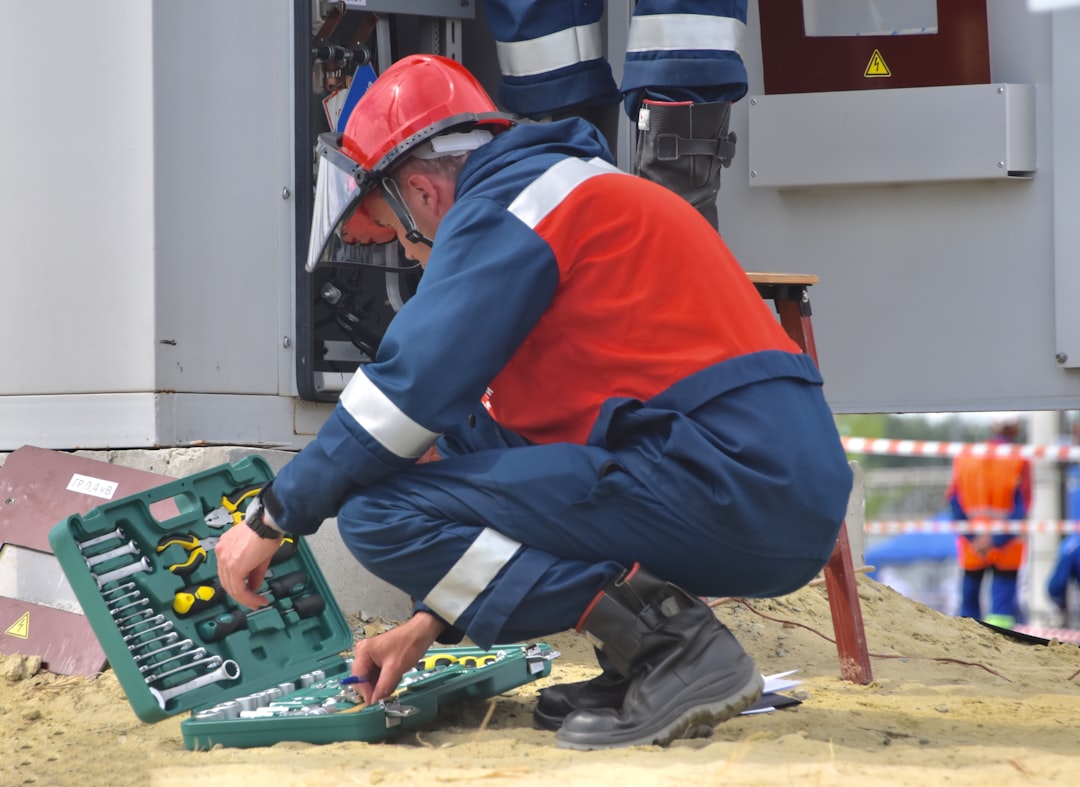
In today’s fast-paced and competitive industrial landscape, metal fabrication plays a crucial role in the production of a wide range of products. From machinery and equipment to architectural features and decorative items, metal fabrication is an essential process that requires precision, skill, and attention to detail. In this article, we will explore the importance of metal fabrication, its various applications, and the benefits it brings to industries and consumers alike.
Metal fabrication is the process of shaping and assembling metal parts to create a final product. This can involve cutting, bending, welding, and assembling various metal components to form a complete product. The process requires a deep understanding of metal properties, fabrication techniques, and design principles to ensure that the final product meets the required specifications and standards.
One of the most significant advantages of metal fabrication is its versatility. Metal can be fabricated into a wide range of shapes, sizes, and forms, making it an ideal material for a variety of applications. From the construction of large-scale machinery to the creation of intricate decorative items, metal fabrication can be used to produce a vast array of products.
In the manufacturing sector, metal fabrication is used to produce a wide range of products, including machinery, equipment, and tools. Metal fabrication is used to create parts and components that are used in the production of other products, such as automotive parts, aerospace components, and medical devices. In addition, metal fabrication is used to produce packaging materials, such as cans and containers, and consumer goods, such as appliances and furniture.
In the construction industry, metal fabrication is used to create structural components, such as beams and columns, as well as decorative features, such as railings and handrails. Metal fabrication is also used to produce architectural features, such as sculptures and monuments, and to create custom designs for buildings and bridges.
In addition to its versatility and wide range of applications, metal fabrication also offers several benefits to industries and consumers. One of the most significant benefits is its durability and strength. Metal is a highly durable material that can withstand harsh environments and heavy use, making it an ideal choice for products that require high levels of performance and reliability.
Another benefit of metal fabrication is its ability to be recycled. Metal is a highly recyclable material, and many metal fabrication companies are committed to recycling and reusing metal materials to reduce waste and minimize environmental impact.
In conclusion, metal fabrication is a critical process that plays a vital role in the production of a wide range of products. Its versatility, durability, and ability to be recycled make it an ideal material for a variety of applications. Whether you are in the manufacturing sector, construction industry, or consumer goods market, metal fabrication is an essential process that requires precision, skill, and attention to detail. By understanding the importance of metal fabrication and its various applications, you can better appreciate the role it plays in modern industry and the benefits it brings to industries and consumers alike.